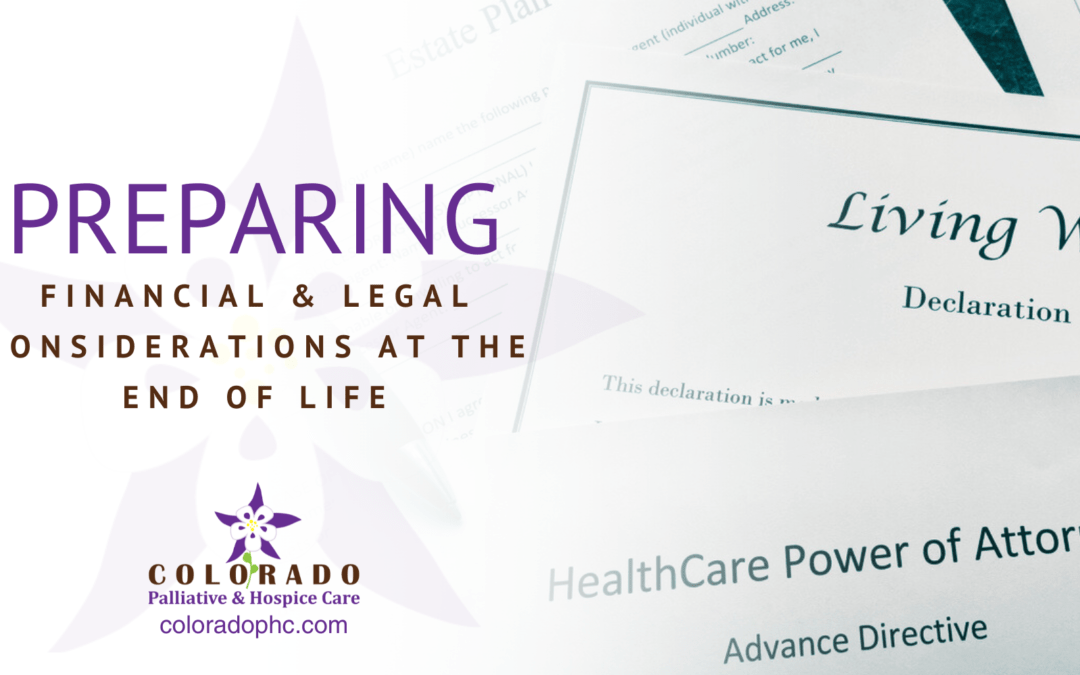Preparing for the end of life is a reality we must all face at some point. While the focus should be on ensuring comfort, dignity, and peace in the final days, it’s also essential to consider the financial and legal considerations accompanying the end of life.
Preparing financially and legally for the end of life is an integral part of taking care of our loved ones and ensuring our final wishes are carried out. Planning in advance not only helps ease the burden of decision-making at a difficult time, but it can also help prevent disputes between family members.
We will discuss how to prepare financially and legally for the end of life, highlight the story of someone who prepared for the inevitable, and explain how hospice care can play an essential role.
Financial and Legal Considerations
Preparing for the end of life involves reviewing financial and legal matters comprehensively. Here are some key aspects to consider when preparing for end-of-life issues:
- Estate Planning: An estate plan outlines how your property and assets will be distributed after death. It can also address issues like guardianship for minors, final arrangements, and medical care wishes. Working with an attorney skilled in estate planning is critical to ensure your wishes are properly documented and legally binding.
- Advance Directives: Advance directives are legal documents that specify your medical care preferences if you become incapacitated. They can include a living will, durable power of attorney, and Do Not Resuscitate (DNR) orders. These documents allow you to retain some control over your medical care if you can’t make decisions for yourself.
- Financial Planning: It is essential to plan in advance how to manage your finances, bills, and debts; this ensures that your assets are distributed correctly, and your loved ones aren’t burdened with financial obligations. It is also important to choose a trusted executor or trustee.
- Life Insurance and Investments: Reviewing your life insurance and investment policies is essential; you may need to make necessary adjustments based on your current financial situation, family needs, and long-term financial goals. Also, consider reviewing titles for property, stocks, and vehicles.
Example of Someone Preparing for the Inevitable
Alice was diagnosed with cancer and wanted to ensure her affairs were in order for her loved ones. After reviewing her financial and legal matters, she put together an estate plan outlining how her property would be distributed; she created advance directives specifying her medical preferences and clearly appointing a trusted person to oversee her care. She also reviewed her life insurance policies and made changes considering her current needs and financial goals. Alice documented all her financial and legal matters in one place, and her family knew where to access them in case of an emergency.
Hospice Care and End of Life
Hospice care is an essential part of end-of-life care that focuses on pain management, symptom control, emotional support for patients and their families, spiritual support, and bereavement counseling. Hospice can help make the final days as comfortable and dignified as possible. Depending on the patient’s needs, hospice care can be provided at home, in a hospice center, or a hospital setting. Contact us for more information.

